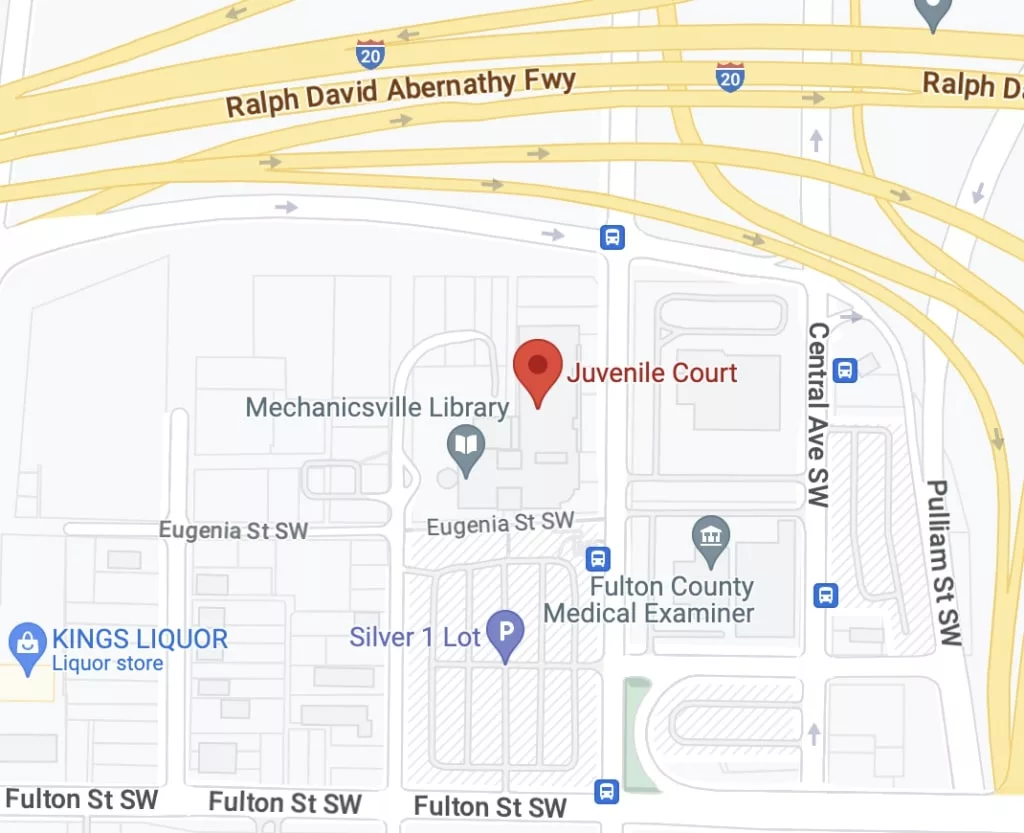Probation Services
The Fulton County Juvenile Court Probation Services Department provides treatment, rehabilitation, and supervision to youth, and strives to maximize public safety by holding youth accountable for their behavior using the most current and progressive means possible. By providing maximum community-based supervision and through the utilization of services provided by outside counseling agencies and service providers, the department seeks to positively impact not only the youth, but the parents, family, and the entire community.
The Department also includes the following units:
Assessment Classification and Transition (ACT) Unit
Probation Officers within the ACT Unit are responsible for conducting interviews with the youth and parent, utilizing the Youth Assessment and Screening Instrument (YASI) to identify the youth’s risk to reoffend and what services they need to address the behavior. They also use the Massachusetts Assessment Youth Screening Instrument (MAYSI-2) to assess the youth for any mental health issues that may drive their behaviors. Once the initial assessments have been completed, the ACT Unit Supervisor classifies the case according to risk level and the region in which they live. The case is then transitioned to one of the community-based probation units for supervision.
The Unit also serves as a follow-up point of contact immediately following a hearing to ensure that all court ordered conditions, referrals for services, screenings, and evaluations are scheduled when a youth has not been assigned to a community-based probation officer. Additionally, they monitor youth placed on alternative to detention electronic monitoring and tracking.

Diversion Unit
The Diversion Unit oversees cases for youth who have been charged with relatively minor misdemeanors and/or first-time offenses. These cases are diverted away from formal court processing, while still holding them accountable for their actions. Probation Officers assigned to this unit connect youth to community-based service providers and/or resources aimed at addressing the underlying issues which may have led to the youth’s delinquent behavior. Diversion offers an opportunity to avoid exposing low level first offenders to other youth who are involved in more severe delinquent activity.
The Diversion Unit also oversees pre-adjudicated cases with agreements to hold the case in abeyance until the youth completes assignments as decided upon by the youth’s attorney and the District Attorney.

Community-Based Probation Units (Regions 1, 2 and 3)
Community-based probation units work to address identified factors of delinquent behavior and build or restore deficient competencies which may have led to such behavior.
These community-based units are separated into three regions: Region 1 serves youth in central Fulton County, Region 2 serves youth in South Fulton County, and Region 3 serves youth in North Fulton County.



Intensive Monitoring Probation and Community Treatment (IMPACT) Unit
The IMPACT Unit provides a more intensive level of probation monitoring and community-based treatment options for youth who have been adjudicated for a designated felony offense without restrictive custody sentencing and who are at moderate to high risk for reoffending.
The IMPACT Unit provides specialized high-level supervision using a three-level case management process. Youth assigned to the unit are initially monitored at Level 1, which is the highest level of supervision for the first three months. Upon compliance with all expectations, they are moved to Level 2 supervision for the next six months. This level is least restrictive and focuses on the youth receiving therapeutic services identified through the risk and needs assessment. Finally, upon compliance with Level 2 supervision, the youth are moved to Level 3 supervision which is a lower level of monitoring for at least three months.



